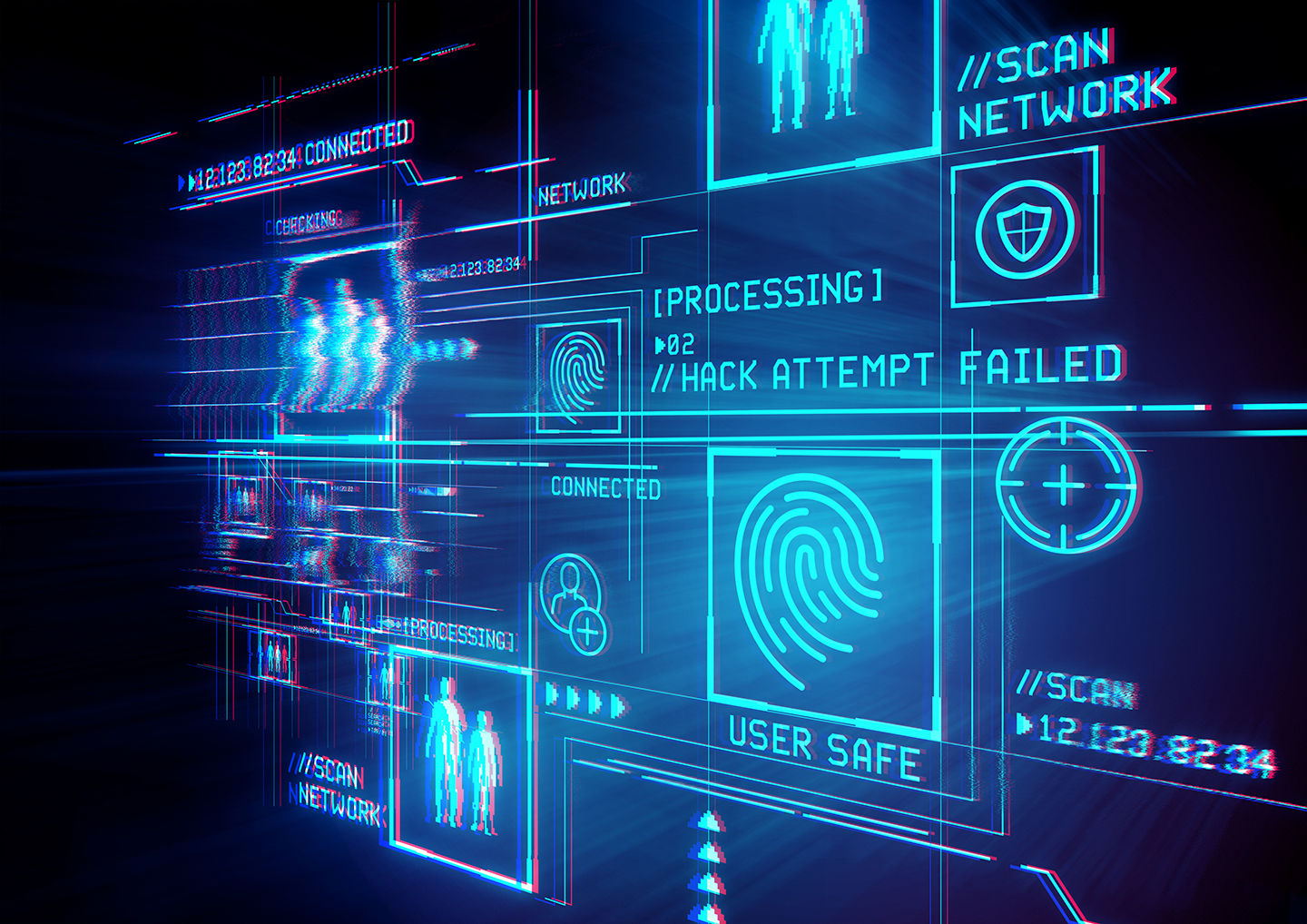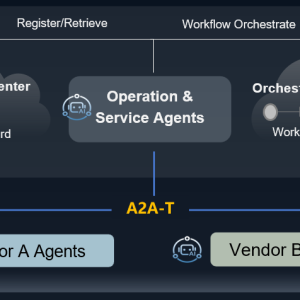
The proliferation of deepfake technology is forcing a global reckoning, pushing nations to develop diverse strategies to combat its growing threat to information integrity and democratic processes.
Two nations, Egypt and South Korea, are showcasing contrasting yet complementary approaches at the forefront of this evolving cybersecurity landscape: one leveraging advanced AI for preemptive threat detection, and the other establishing stringent legal frameworks to safeguard against AI-driven misinformation.
Egypt Fortifies Cybersecurity with AI-Powered Defense
Egypt is rapidly positioning itself as a regional cybersecurity leader, as evidenced by its robust AI-driven strategy unveiled at CAISEC 2025.
The event, a gathering of over 5,000 tech and policy leaders, highlighted Egypt’s commitment to building a resilient digital infrastructure.
A significant development emerged from a strategic partnership between US-based Resecurity and Egypt’s Alkan CIT. This collaboration will focus on AI-based threat intelligence, dark web surveillance, and bolstering cyber defense capabilities, placing Egypt at the cutting edge of proactive threat mitigation.
Further reinforcing this approach, global firm Exabeam introduced its AI-powered Security Operations Center (SOC) platforms, designed for predictive threat detection – a crucial tool in the face of accelerating malicious AI applications, including deepfakes.
South Korea Draws Legal Line Against Deepfake Election Interference
In parallel, South Korea is demonstrating a firm stance on deepfake misuse through legal intervention. Days before its June 3 presidential election, the National Election Commission (NEC) took decisive action, filing criminal complaints against three YouTubers.
These individuals are accused of disseminating AI-generated content, including doctored images of a candidate and deepfake videos featuring synthetic news anchors, all aimed at influencing voter perception.
This marks the first legal enforcement under a newly amended Public Official Election Act, which now prohibits the creation and distribution of AI-generated political content within a 90-day pre-election window.
The severe penalties – up to seven years in prison or a ₩50 million ($36,250) fine – underscore South Korea’s zero-tolerance approach to synthetic political propaganda.
The Alarming Reality: Insights from the Views4You Deepfake Database
The urgency behind these national responses is further illuminated by data from the Views4You Deepfake Database:
- 98% of identified deepfakes are linked to non-consensual explicit content.
- A growing proportion targets public figures and election candidates, often through fabricated endorsements or defamatory narratives.
- Deepfake impersonation has already resulted in significant cases of financial fraud, corporate sabotage, and reputational damage.
As the distinction between authentic and fabricated content blurs, both governmental and private sectors are compelled to act. Egypt’s investment in predictive AI and South Korea’s legal interventions represent complementary strategies in a unified effort to counter the manipulative potential of AI-generated media.
Collaborative Action: A Global Imperative
The global response to deepfakes is rapidly evolving. While some nations prioritize technological defenses, others are strengthening legal frameworks. It’s clear that no single approach is sufficient. A combination of technological innovation, international collaboration, and rigorous legal oversight is essential to preserve public trust and safeguard digital ecosystems. The actions of Egypt and South Korea underscore a critical truth: deepfakes are not merely technical anomalies, but societal risks demanding coordinated, global solutions.








